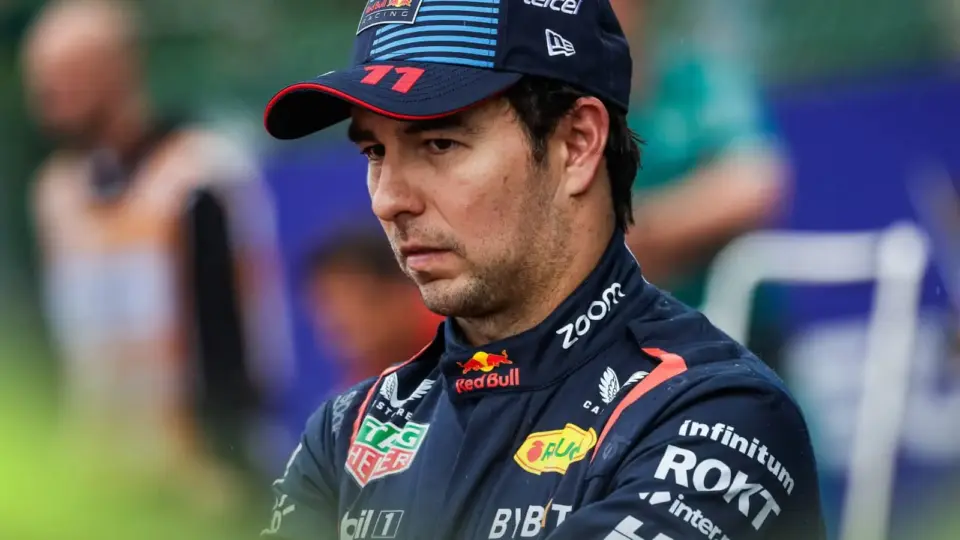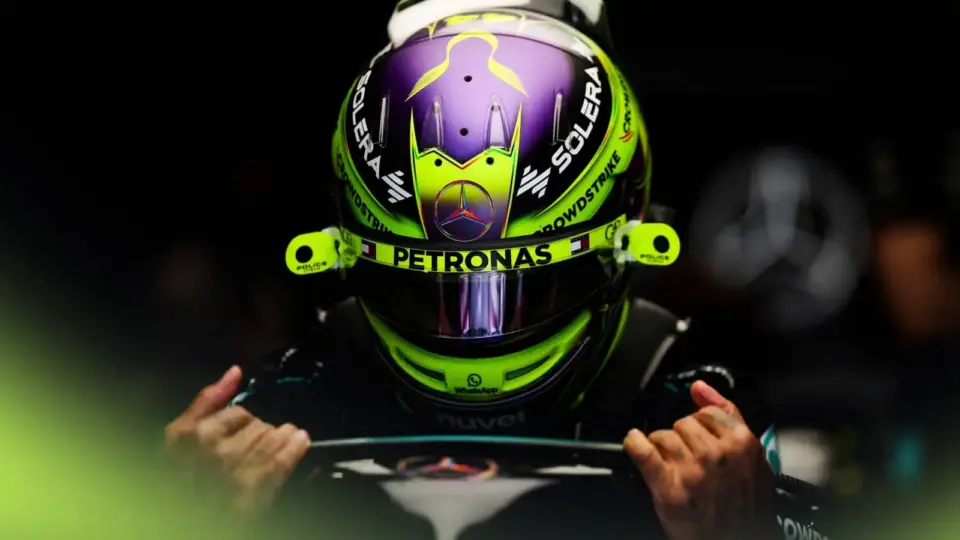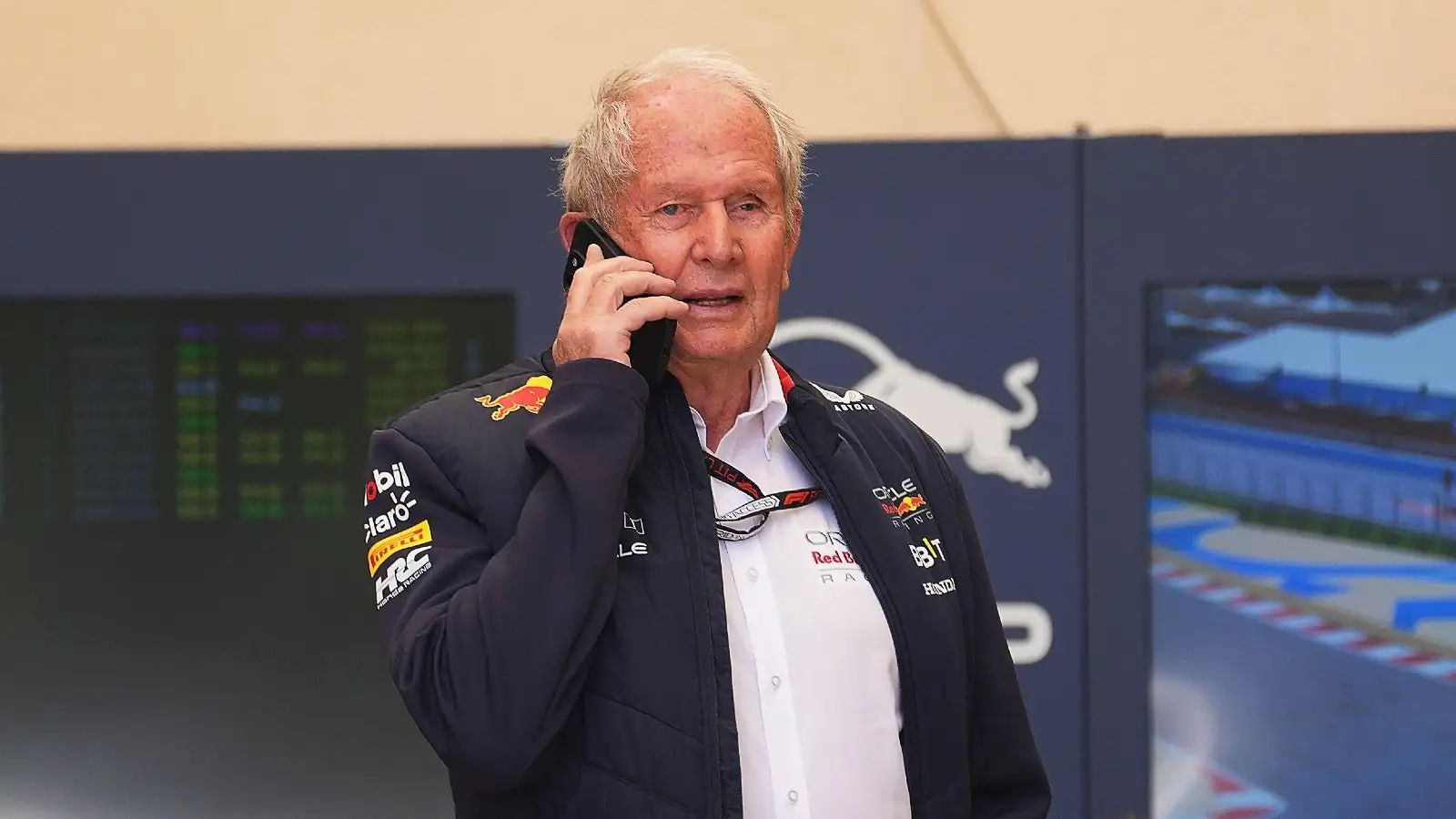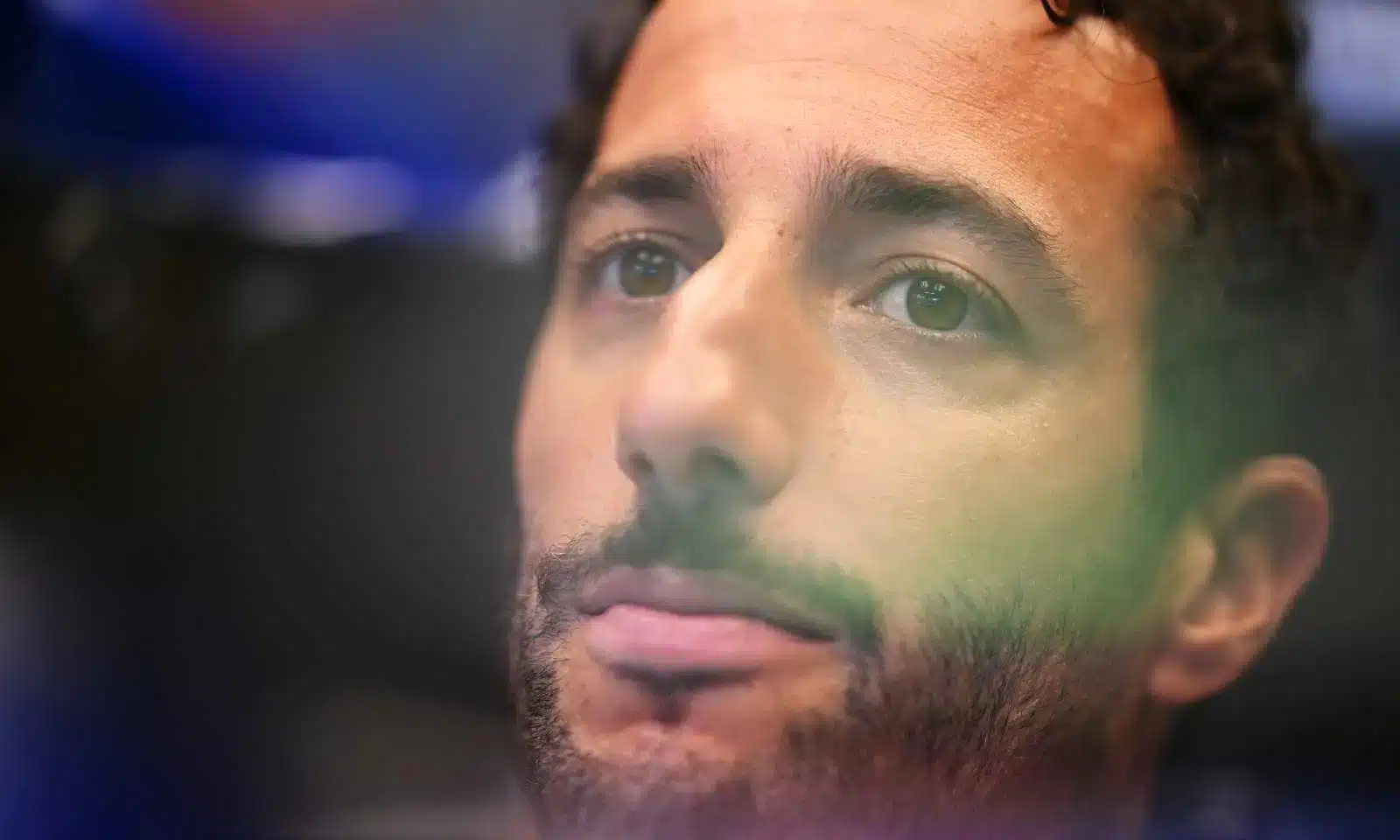The Belgian Grand Prix saw a gripping finish evaporate into disappointment for George Russell, who initially claimed victory in a thrilling contest only to face disqualification hours later due to a technical breach.
Russell, who had led a stunning 1-2 finish for Mercedes with teammate Lewis Hamilton, was found to have an underweight car, measuring 1.5 kilograms below the required 798 kg minimum. This minor infraction led to Russell’s immediate disqualification from the race results, casting a shadow over what was a remarkable performance.
Martin Brundle, renowned in the racing world, pointed out that the 1.5 kg discrepancy could theoretically equate to a 1.5-second advantage over 44 laps. However, Tom Kristensen, a legendary figure in the sport, believes this weight difference was unlikely to impact Russell’s impressive driving. Kristensen expressed sympathy for Russell, acknowledging the harsh reality of racing regulations.
“It’s devastating,” Kristensen shared on the F1 Nation podcast. “Mercedes admitted they weren’t at their best on Friday, yet they showed incredible speed during the race. George executed an unexpected one-stint strategy brilliantly, surprising everyone with his clever on-track tactics. I genuinely believe he would have secured the win regardless of the weight issue. But rules are rules, and they must be adhered to strictly.”
Mercedes has since been examining the cause of the weight shortfall in Russell’s car. Andrew Shovlin, Mercedes’ engineering director, pointed out several factors like tyre wear, brake wear, and oil consumption that might contribute to the issue. He noted that Russell’s tyre wear was significantly higher, and they also lost more material on the plank.
Stoffel Vandoorne, a former Mercedes driver, discussed how the weight difference, albeit small, could influence race strategy, acknowledging Russell carried less weight across all laps. He noted, “While it might seem negligible, in racing terms, it can mean a few seconds over an entire race. Non-compliance with weight regulations inevitably leads to disqualification.”
This dramatic turn of events at the Belgian Grand Prix underscored the unforgiving nature of Formula 1 regulations. Despite an initially victorious performance, George Russell’s disqualification serves as a reminder of the stringent standards in competitive racing. As Mercedes investigates further, Russell’s experience highlights both the thrill and unpredictability inherent in the sport.










